An ice floe. Two anglers. Months to kill. That’s the premise of Nice Fish by Mark Rylance and Louis Jenkins. The off-beat script is full of bleak and quirky insights. Rylance, who stars as the bungling Ron, admits that sometimes he gets so bored he bangs nails through frozen bananas. His pal compares dogs with wolves by observing that wolves are pessimists, jaws low to the ground, like homeless scavengers, whereas dogs are chin-up go-getters, natural corporate players, keen to win promotion in a worldwide enterprise called ‘Man’s Best Friend’. There’s a piece of obsessively nerdy rhetoric about 36-hour fishing permits which sounds like Peter Cook at his best. These treats appear early on. We’re offered some decent slapstick, too, as the fishermen get caught in a hurricane. Butter-fingered Rylance drops his phone into the lake and he suffers amusing difficulties with a collapsing tent. The surrealism becomes explicit when two stage hands enter and clear away some abandoned bits and bobs. Then a policeman surfaces through an ice hole, his clothes quite dry. A young beauty arrives claiming to have access to a sauna. Will she spark any romantic interest? No.
The false starts and the rambling plot-lines generate smaller and smaller rewards. The play has no coherence, no point of culmination. Certainly no depth. And despite its verbal ingenuity, the script is nothing more than an anthology of oddball rumination spoken by five wintering deadbeats enjoying an improvised frost fair. The play is bound to thrive commercially because of Rylance’s hilarious persona as a semi-derelict philosopher, an angelic sage who unwittingly delivers incisive truths. He’s endlessly watchable. And he’s one of the few actors who can turn a play from the slush pile into a hit. But this undemanding and underwritten frivolity may bring complaints that he’s got his priorities mixed up. Instead of entertaining us he’s just entertaining himself.
E.V. Crowe’s new play begins as a sweat-shop costume drama. A group of seamstresses are stitching away in a scout hut in the 1700s. Seated on low stools, the bumpkin-ettes speak inanely about sewing, farming and chilly winters. One, named C, is a newcomer. Another, D, is soon to be married. But already something is amiss. The needle-workers keep using modernisms like ‘soul mate’, ‘gluten-free’ and ‘love interest’. And they come from all corners of the British Isles. There’s a northerner, a Londoner and two Scots. How did this cosmopolitan group wind up stitching samplers in an olde-worlde shack? A new arrival, F, appears at the door. F is a man. D marries F. Then F dies, killed ‘by a runaway bullock’, in an 18th-century traffic accident. Village tradition obliges D to stitch F a death quilt. Then a new story begins. Someone’s watch goes missing. C investigates by examining each seamstress’s embroidery to find clues about her psychological make-up. Just as C’s sleuthing operation gets under way the play switches tack again. The house lights spring on and the performers break character to reveal themselves as participants in a psychoanalytical self-help exercise for narcissistic yuppies. The show closes with further scenes of role-play.
The problem with this script is obvious. The Grand Idea is so dominant that everything else — the stuff that makes theatre theatre — has vanished. Characters, stories and relationships have no opportunity to develop. This is amateur writing, in the original sense of amateur, meaning a weekend hobby rather than an income-generating endeavour. How did it reach the professional stage? Well, the theatre is now more sharply divided than ever between the commercial sector and the Arts Council bit. Commercial impresarios want to wow the masses and bag a profit. Playhouses such as the Royal Court want to provoke debate and provide subject lists for sociologists on their awaydays. And this drama, in its vague and disorganised fashion, has a few thoughts to offer. Villages are parochial, it says. Group-think is bad. Reconstructing history according to current prejudices impairs our view of the past. And corporate psychobabble is silly.
But do we need a play to tell us this? In the programme notes E.V. Crowe salutes the public. ‘I would like to thank the audience in advance for their imaginations.’ If only we could have returned the compliment. I’ve rarely witnessed such a distracted and sleepy-eyed crowd. And pity the poor actors. The Court’s upstairs space is very small and the performers on stage can easily see the viewers as they slump, sigh, cough and fidget through their 90-minute detention period. Not that the Court will register this as a flop. In some ways it’s the perfect show for a playhouse that has ceased to be a theatre at all. It’s now a subsidised think-tank offering ponderous homilies on culture and society to superior-minded audiences who, curiously enough, can’t stay awake during lessons.
The post Of ice and men appeared first on The Spectator.
Got something to add? Join the discussion and comment below.
Get 10 issues for just $10
Subscribe to The Spectator Australia today for the next 10 magazine issues, plus full online access, for just $10.
You might disagree with half of it, but you’ll enjoy reading all of it. Try your first month for free, then just $2 a week for the remainder of your first year.

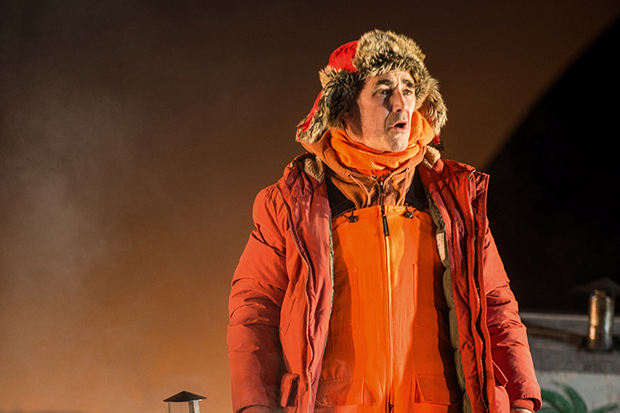
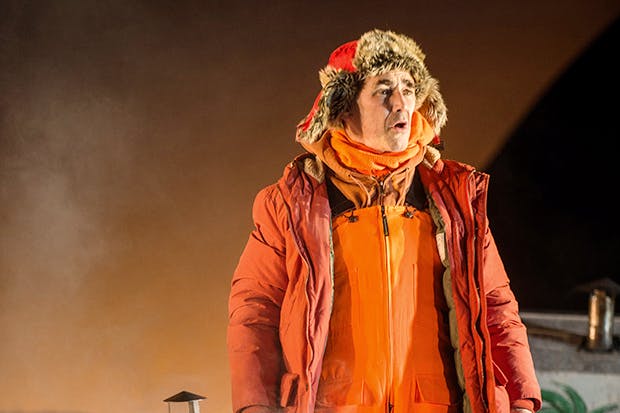
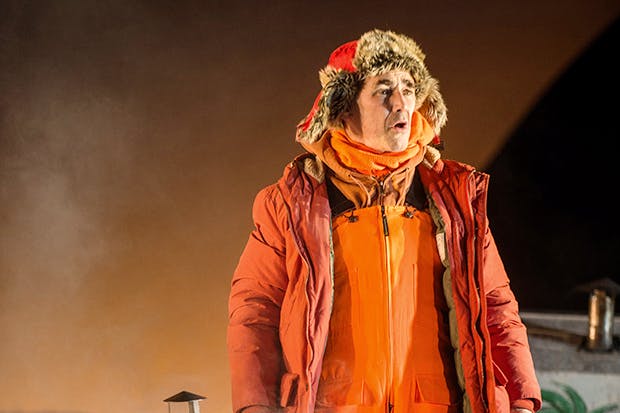


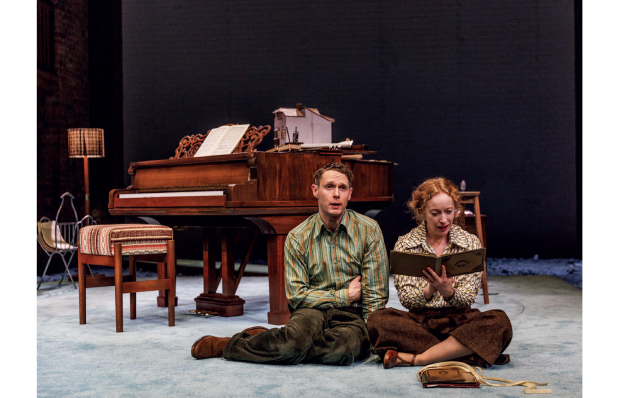
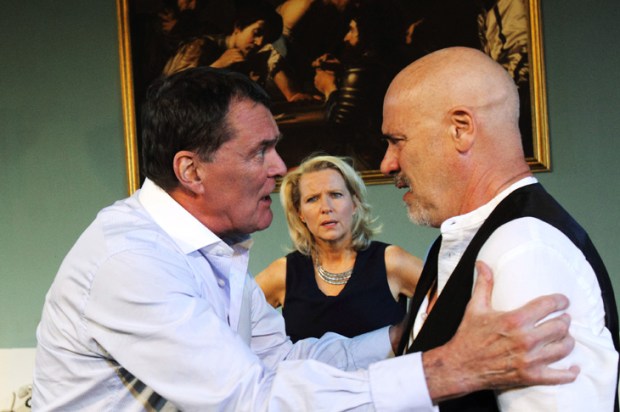






Comments
Don't miss out
Join the conversation with other Spectator Australia readers. Subscribe to leave a comment.
SUBSCRIBEAlready a subscriber? Log in